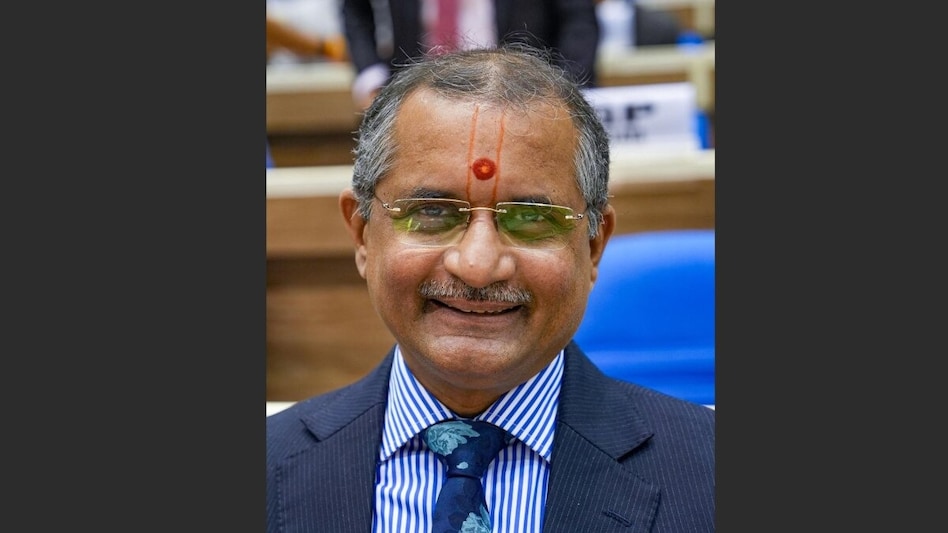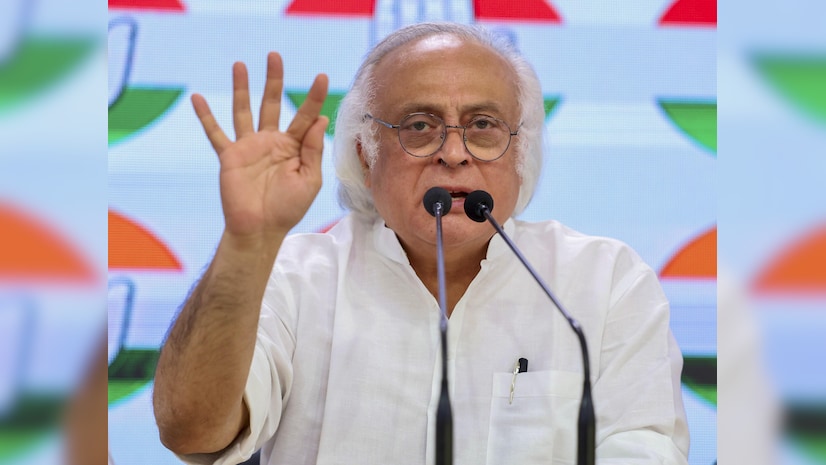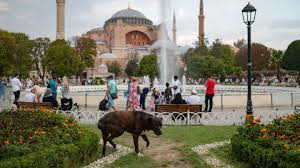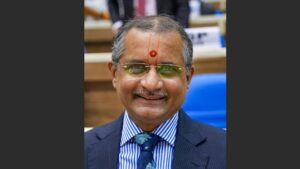The resignation of Manoj Soni chairman of the Union Public Service Commission (UPSC) has sparked significant con controversy and political debate, particularly within the Indian National Congress. The departure amidst continuous issue involving an IAS trainee Puja khedekar, which has raised question about administrative integrity and institutional ethics within the UPSC.
Background of the Controversy

Puja khedekar, a young IAS training become embroiled in a controversy after allegations Surfaced regarding professional help treatment and irregularities in the examination process report suggested that khedekar selection and placement raised eyebrows due to her familial connection with influential figure within the political spectrum. This sparked widespread public outcry and demands for transparency and accountability from the UPSC.
Manoj Soni appointed as the chairman of UPSC tasked with overseeing with the commission operation and ensuring fair and impartial conduct of examination. However, his tenure face security over several instances were allegation of favouritism and procedural lapses Surfaced casting doubts on the credibility of UPSC operations.
Manoj Soni Tenure and Resignation

Soni resignation termed by some as being nudged out, suggest underlying treasure and political circle and public sentiment that intensified following the controversy. Critics argue that the regulation underscores systematic issue with the UPSC and border challenge and maintaining the commission independents from political interference.
Congress Party Reaction
The Indian National Congress has been vocal in its criticism of the government heading of the UPSC affair, particularly light of Soni resignation Party leader have allegations that the resignations point to a larger pattern of undermining institutional autonomy and promoting nepotism within bureaucratic appointments.
Congress spokesperson have pointed to khedekar incident has symptomatic of a deeper malicious within UPSC, where meritocracy allegedly compromised in favour of personal connection and political influence.The party has demanded a thorough investigation into the circumstances, leading to Soni resignation and has called for reform to safeguard the UPSC integrity and autonomy.
Public Perception and Future Implications
The controversy surrounding UPSC and Soni resignation has fuelled public expectations about the fairness of India bureaucratic selection process, citizens and civil society group has voiced concern about the transparency of UPSC operation and the need for strength measure to prevent undue influence in the recruitment of civil servants.
Moving forward the resignation of Manoj Soni is like to influence future appointment to UPSC leadership person and promote border discussion on Institutional reform safety holder are calling for greater accountability mechanism and safeguard to ensure that UPSC remain insulated for political pressure and a foul mandate of selecting candidates based on merit and competence.
Conclusion
The resignation of Manoj Soni as UPSC chairman Amid the Puja khedekar controversy has underscored deep seated concern about adminitrative, integrity and constitutional autonomy in India bureaucratic system, the Congress party reaction reflect border anxieties within the political landscape regarding the impartiality of public institutions and the need for robust mechanism to uphold meritocracy.
As the debate continue to focus remain on restoring public trusts in UPSC and implementing reform that strengthen. It’s independence and creatability.The outcomes of this controversy will like shape the future trajectory of bureaucratic appointments and Governors standard in India emphasizing the critical importance of transport c and accountability in public sector requirement process.





Good content addicted, our link https://mikrotik.smktelkom-lpg.sch.id/data/
situs slot Thailand gacor resmi dan terpercaya.